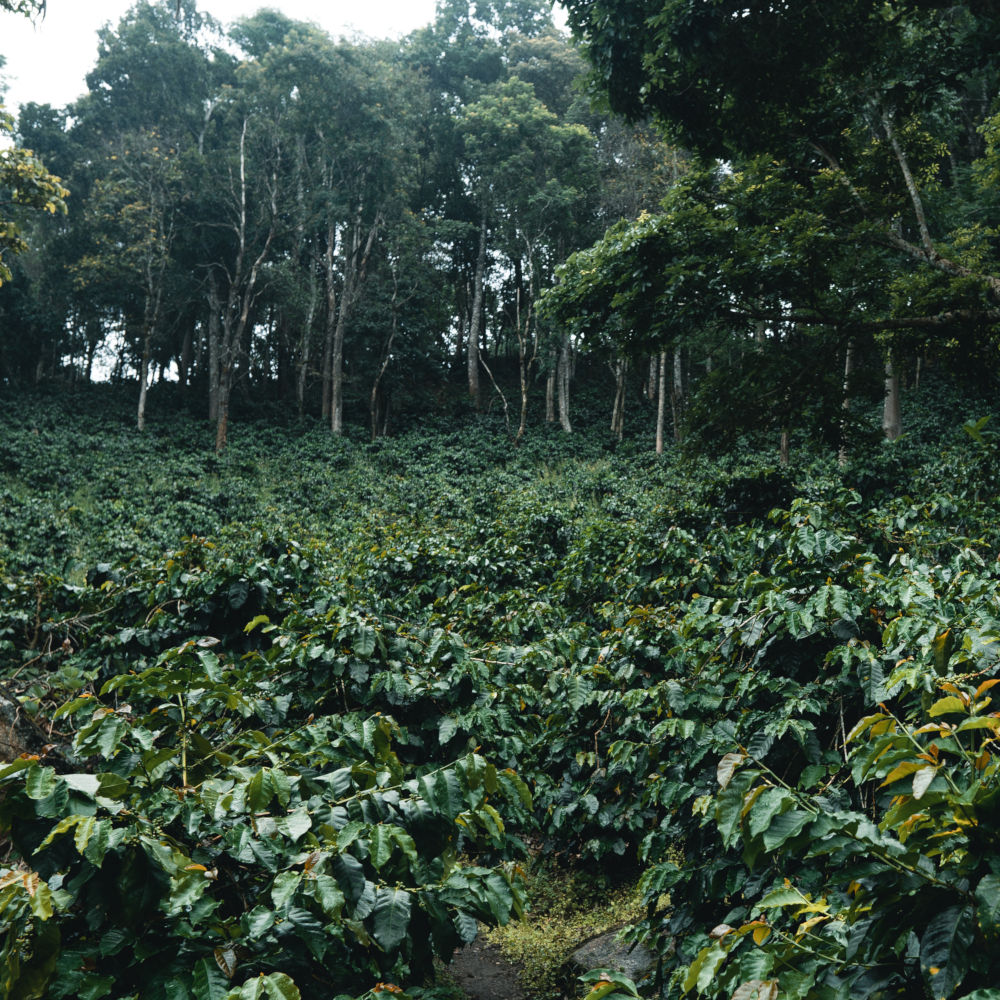Coffee Varieties, Varietals and Cultivars
Coffee varietals, also known as coffee varieties, refer to the diverse subspecies of coffee plants that have been developed through selective breeding or natural selection. These varietals can have distinct characteristics, such as flavor profiles, acidity levels, and growth habits, which are influenced by factors like climate, soil, and altitude.
Varieties and Cultivars
The terms “variety” and “cultivar” are often used interchangeably, but they have distinct meanings. A variety refers to a naturally occurring subspecies of coffee, while a cultivar is a variety that has been produced through horticultural or agricultural techniques. Bourbon and Typica are examples of cultivars that have been selectively bred for desirable traits.
Importance of Variety
The variety of coffee can have a significant impact on the flavor profile and quality of the coffee. Different varieties can offer unique characteristics, such as flavor notes, acidity levels, and body, that can appeal to different consumers. Understanding the variety of coffee can also help farmers and producers to select breeds that are better suited to their local conditions, which can improve the quality and sustainability of their crops.
In summary, coffee varietals are the diverse subspecies of coffee plants that have been developed through selective breeding or natural selection. These varietals can have distinct characteristics, such as flavor profiles and growth habits, that are influenced by factors like climate, soil, and altitude. Understanding the variety of coffee can help consumers to appreciate the unique characteristics of different coffees and can also help farmers and producers to improve the quality and sustainability of their crops.



